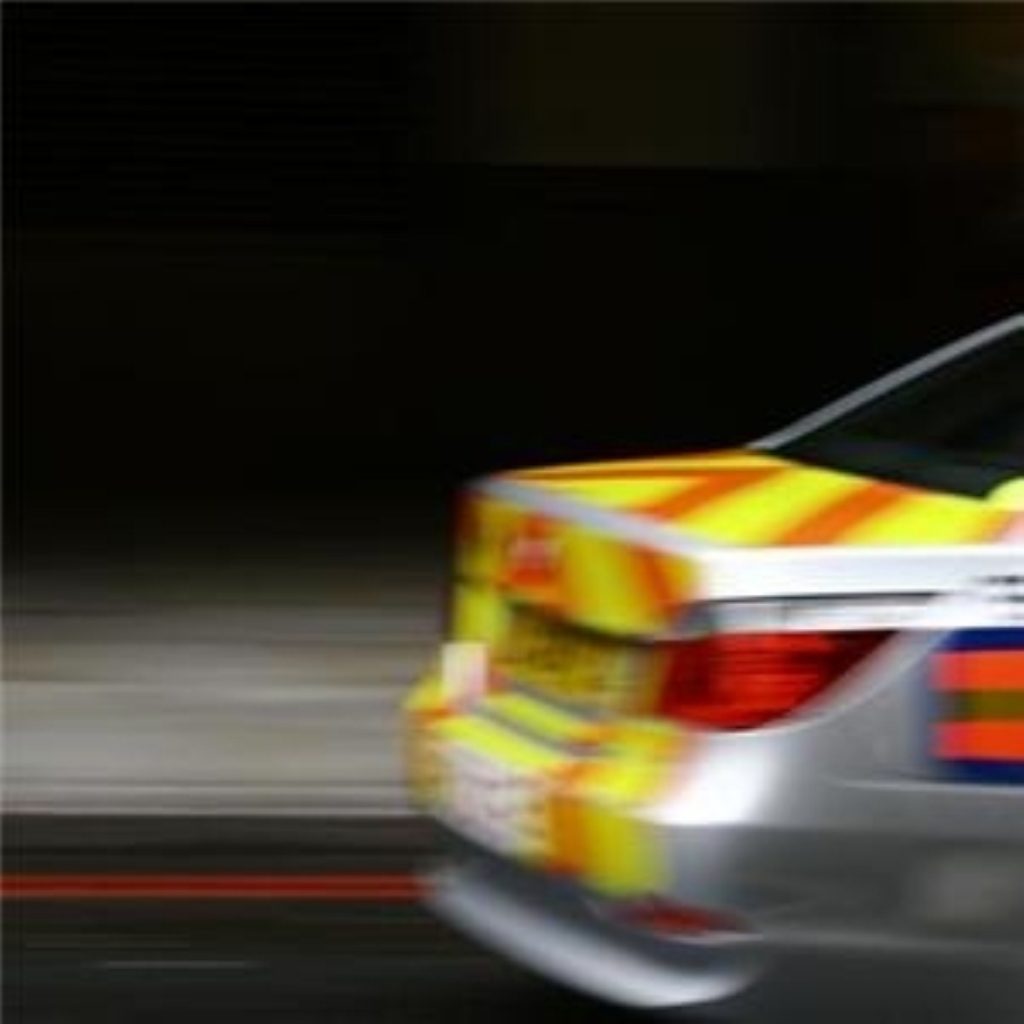Home Office welcomes police improvement
The government insists police performance across England and Wales is improving, despite concerns about paperwork.
According to the latest Police Performance Assessments, three-quarters of forces are “good” or “excellent” at tackling crime. Only three forces – the City of London, Wiltshire and Thames Valley – are doing worse on tackling crime.
Home Office minister Tony McNulty said victims are also more satisfied with the police and forces across the country are making good progress in implanting neighbourhood policing.
Mr McNulty said: “The record level of investment in the police that this government has made is making a real difference to the performance of the police and the safety of the neighbourhoods and communities they serve.


“The figures out today show improvements in tackling crime, more offences brought to justice and greater satisfaction among victims of crimes in the police forces who help them.”
The Home Office said the public could expect to see further improvements, with the nationwide introduction of Neighbourhood Policing teams from next April.
Mr McNulty added: “We have invested to strengthen the police and that has delivered real improvements for the public. We can now build on that and continue to drive up performance.”
Although few forces received a “poor” rating, the assessment did highlight some underachievers.
The Press Association’s unofficial “league table” show Bedfordshire is the worst performing force in England and Wales. Thames Valley and Wiltshire forces also scored poorly.
Her Majesty’s Chief Inspector of Constabulary, Sir Ronnie Flanagan, said: “I am pleased to note that following last year’s inspection most forces have conducted major reviews and implemented significant improvements in the area of protecting vulnerable persons.”
Despite the Home Office’s claim to be reducing paperwork, the Conservatives said the public would be “dismayed” at the amount of time police spend filling in paperwork.
Shadow home secretary David Davis said: “We should also not forget that the definition of ‘front-line’ policing is not one the public would recognise – It includes paperwork.
“We know that in reality a police officer spends less than a fifth of his or her time actually on the beat.”
He continued: “In any case it is hard to draw other conclusions about police performance while a plethora of government targets and diktats continue to distort police priorities.
“Conservatives would make our police accountable to local communities so that police priorities reflect those of the communities they serve.”
The Police Federation of England and Wales said it was “disappointing” so see many officers still spending large amounts of time on paper work.
Jan Berry, federation chairman said: “We have waited far too long for the IT solutions promised to cut down on bureaucracy which will allow us to get on with the job of policing on the streets.”









